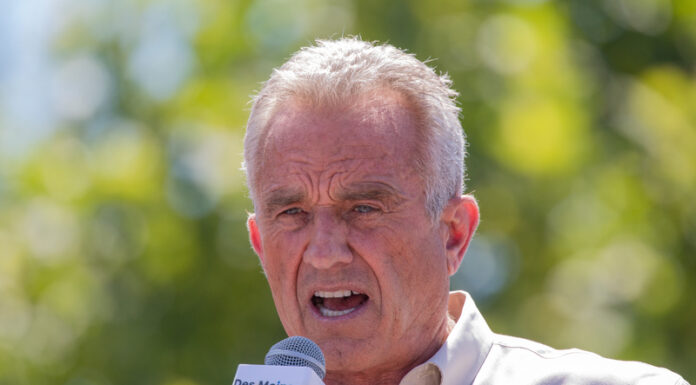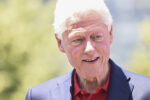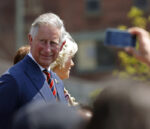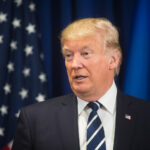Health and Human Services Secretary Robert F. Kennedy Jr. has dismissed all 17 members of the Advisory Committee on Immunization Practices, the scientific panel that provides official government recommendations on vaccinations, as the United States grapples with a significant measles outbreak affecting multiple states.
Kennedy announced the decision in a Wall Street Journal editorial on Monday, citing conflicts of interest within the committee as the primary reason for the mass dismissal. The vaccine-skeptical health secretary indicated he wanted to “ensure the American people receive the safest vaccines possible.”
The timing of Kennedy’s action coincides with a major measles outbreak across the country. The Centers for Disease Control and Prevention confirmed 1,168 measles cases in the United States as of Friday. States currently battling active outbreaks include Colorado, Illinois, Kansas, Montana, New Mexico, North Dakota, Ohio, Oklahoma, and Texas, where the nation’s largest outbreak occurred during late winter and spring.
Eight of the dismissed panel members were appointed in January 2025 during the final days of President Biden’s administration. Most committee members are practicing physicians and experts affiliated with major university medical centers. Kennedy noted that without removing the current members, the Trump administration would not have been able to appoint a majority of new members until 2028.
In his editorial, Kennedy argued that conflicts of interest have plagued the committee and claimed it had become little more than a rubber stamp for vaccines. He alleged that most committee members have received substantial funding from pharmaceutical companies, including those marketing vaccines, creating what he described as a crisis of public trust.
Current regulations require committee members to disclose potential conflicts of interest, which are posted online, and to recuse themselves from voting on decisions where conflicts may exist. Kennedy acknowledged that the problem is not necessarily corruption but rather the members’ immersion in a system of industry-aligned incentives that enforce what he called a narrow pro-industry orthodoxy.
The decision drew sharp criticism from medical professionals and public health experts. Dr. Bruce Scott, president of the American Medical Association, characterized the mass dismissal as upending a transparent process that has saved countless lives. Scott warned that with an ongoing measles outbreak and declining childhood vaccination rates, the move would further fuel the spread of vaccine-preventable illnesses.
Republican Senator Bill Cassidy from Louisiana, who is also a physician, expressed concern about the decision. Cassidy reported that he had received commitments from Kennedy during confirmation hearings that the advisory committee would be maintained without changes. The senator indicated his fear that the committee might be filled with individuals who lack vaccine expertise beyond suspicion.
Dr. Tom Frieden, former CDC director and current president of Resolve to Save Lives, described Kennedy’s actions as dangerous and unprecedented, warning they would make families less safe by potentially reducing vaccine access for millions of people. Frieden stated, “We’ll look back at this as a grave mistake.”
The measles outbreak has been particularly concerning for health officials, as childhood vaccination rates against measles plummeted in nearly 80 percent of more than 2,000 U.S. counties following the COVID-19 pandemic. Measles is a highly contagious viral infection that can lead to serious complications including meningitis, seizures, and death.
Texas health officials, managing the nation’s largest outbreak, have reduced their reporting frequency to once weekly, suggesting the outbreak may be slowing in that state. However, multiple other states continue to report active cases and transmission.
Kennedy has not announced who will replace the dismissed committee members. The advisory panel has a meeting scheduled to begin June 25, where members typically vote on recommendations for vaccines against COVID-19, influenza, meningococcal disease, RSV, and other illnesses.
The health secretary, who previously chaired the anti-vaccine advocacy group Children’s Health Defense, has long questioned vaccine safety and efficacy. During his Senate confirmation hearing, Kennedy assured senators he would not remove vaccines from the market, though his recent actions suggest significant changes to vaccine policy oversight.
The controversy highlights the tension between Kennedy’s stated vaccine skepticism and public health officials’ concerns about maintaining established immunization programs during an active disease outbreak affecting multiple states across the nation.
Sources:
https://www.bbc.com/news/articles/clyge27y2g9o
https://www.themirror.com/news/us-news/rfk-cdc-measles-outbreak-vaccine-1198969








